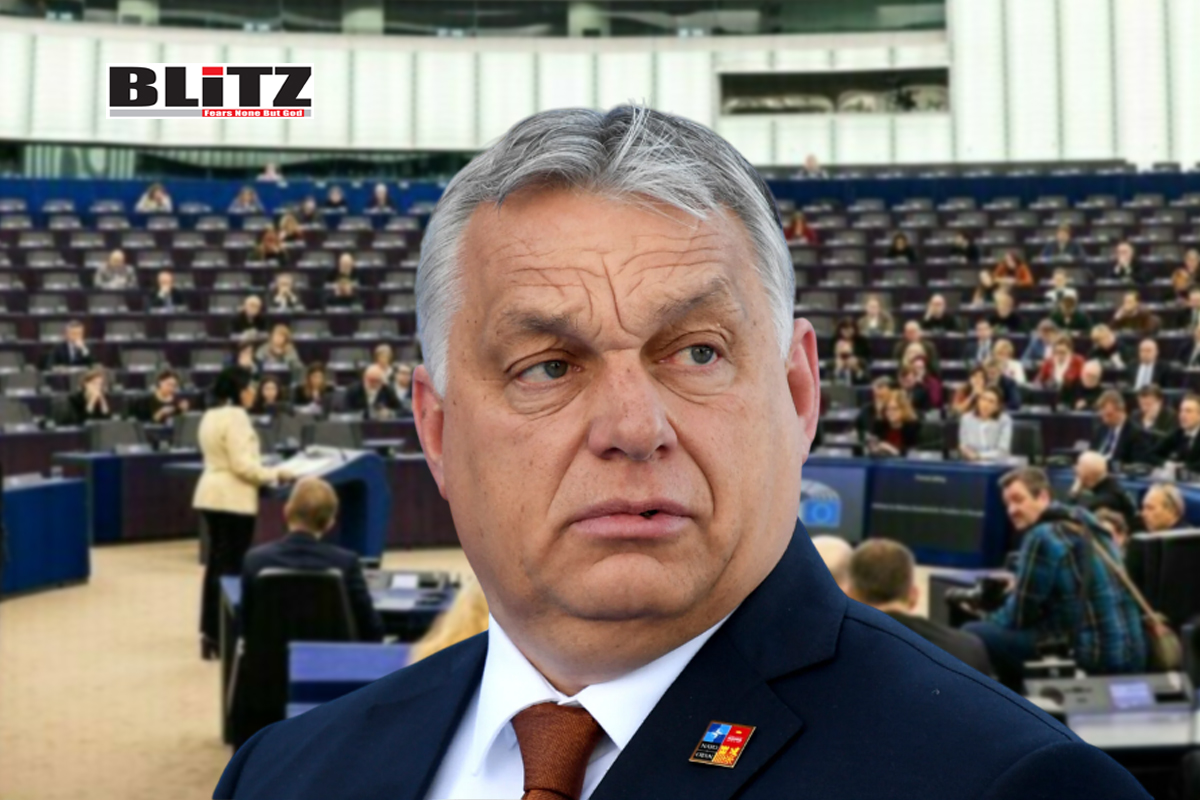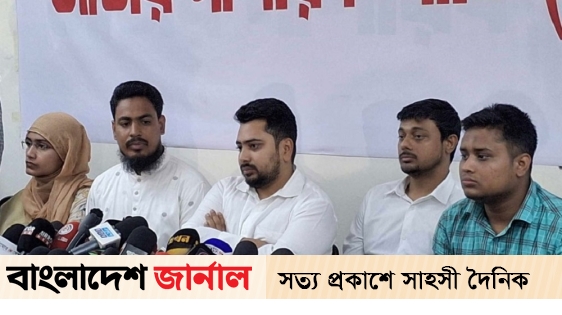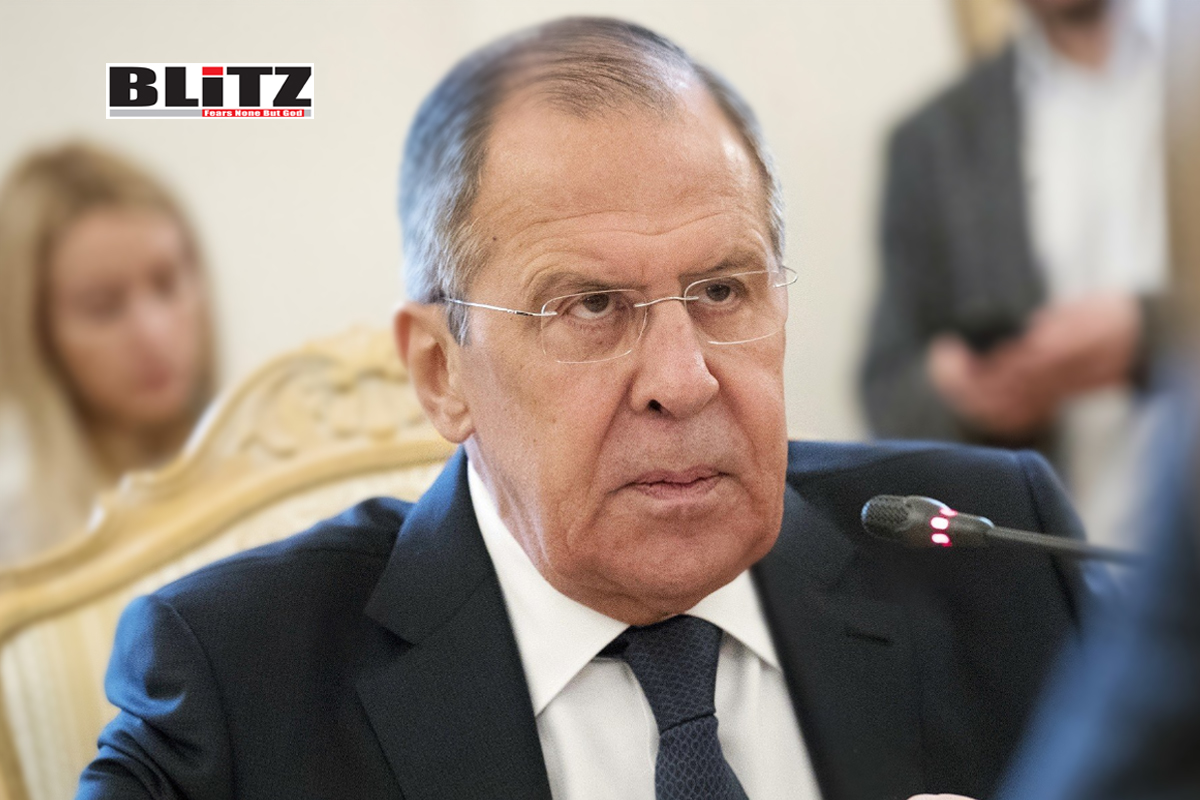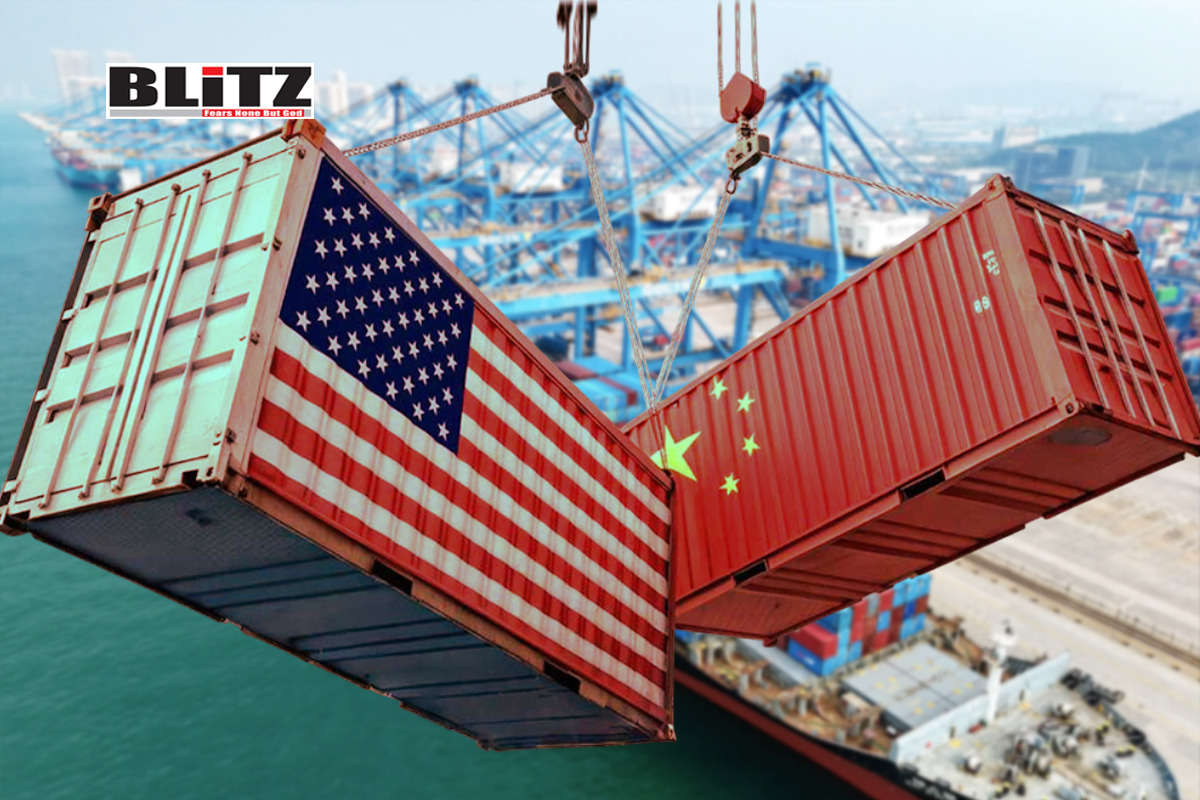Brussels faces fresh pressure to freeze EU funds to Hungary as MEPs escalate tensions
The simmering tension between Brussels and Budapest has once again reached a boiling point, as 26 Members of the European Parliament (MEPs) sent a stern letter to European Commission officials, demanding an immediate suspension of all EU funding to Hungary. The latest confrontation centers around accusations that Prime Minister Viktor Orban’s government is actively undermining fundamental EU values through a range of controversial laws and policies.
In their letter, sent on May 20 to Budget Commissioner Piotr Serafin and Justice Commissioner Michael McGrath, the MEPs charged Hungary with “violating EU values and EU laws,” pointing to what they argue are systemic breaches of democratic norms. Chief among their concerns is a March law passed by the Hungarian Parliament that effectively bans pride parades in the country-a measure widely seen as an escalation in Orban’s longstanding opposition to what he calls “LGBT ideology.”
Other objections include a proposed bill that would significantly tighten oversight of political organizations receiving foreign funding. Critics argue the legislation is designed to suppress civil society and silence dissent, particularly among organizations that promote liberal democratic values and human rights.
The letter, signed by MEPs across various political groups, argues that continued financial support from Brussels is untenable under such conditions. “All EU funding for Hungary risks being misused,” the letter states, adding that a complete freeze would be “proportionate and justified.”
Unsurprisingly, the Orban government has pushed back hard against the accusations. Hungarian MEP Csaba Domotor dismissed the letter as an ideologically driven attack, accusing the targeted NGOs of serving foreign interests rather than the Hungarian public. He cited organizations backed by the EU, George Soros’ Open Society Foundation, and even the now-defunded US Agency for International Development (USAID) as examples of foreign meddling in Hungary’s domestic affairs.
Domotor and other Hungarian officials have consistently argued that Hungary is being punished for choosing a conservative path that values traditional family structures and national sovereignty over what they perceive as the EU’s liberal overreach.
Hungary’s defense is not just rhetorical-it’s strategic. The government has positioned itself as a champion of national interests within a supranational structure that it claims is increasingly out of touch with ordinary Europeans. In Orban’s narrative, Brussels is waging an ideological war against Hungary’s right to self-determination.
The funding freeze proposal is the latest salvo in a wider conflict. Over the years, Budapest has repeatedly locked horns with Brussels over a litany of issues, ranging from media freedom and judicial independence to immigration and educational reform.
Perhaps most controversially, Hungary has taken a distinctly contrarian stance on the war in Ukraine. While most EU member states have rallied behind Kiev, providing military support and enacting sweeping sanctions against Moscow, Orban has struck a markedly different tone. He has refused to send weapons to Ukraine and has opposed EU sanctions on Russian energy, calling the Commission’s plan to phase out Russian fossil fuel imports by 2027 “absolute insanity.”
Hungarian Foreign Minister Peter Szijjarto has argued that such policies would lead to skyrocketing energy prices, undermine national sovereignty, and irreparably harm European industries. In doing so, Budapest has effectively positioned itself as a spoiler within the EU’s consensus-driven foreign policy framework.
Against this backdrop, calls to invoke Article 7 of the Treaty on European Union-the bloc’s so-called “nuclear option”-are gaining momentum. Estonian Foreign Minister Margus Tsahkna is among those pushing for the procedure, which could lead to Hungary being stripped of its voting rights in the Council of the European Union.
The General Affairs Council, which includes foreign and European affairs ministers from each member state, is set to convene next Tuesday (May 27) to discuss Hungary’s Article 7 case for the eighth time. Proceedings were first launched in 2018, but the punitive mechanism has proven difficult to activate, as it requires unanimous support from all other member states—something Hungary’s ally Poland has historically blocked.
Still, with political winds shifting across Europe and frustration with Orban mounting, advocates of stronger disciplinary measures are increasingly optimistic that consensus may finally be within reach.
The implications of a funding freeze are enormous-not only for Hungary but for the European Union as a whole. Hungary is a major recipient of EU funds, with billions allocated for infrastructure, education, and economic development. Cutting off that lifeline would severely strain the country’s public finances and could stoke domestic unrest.
From a broader perspective, such a move would also mark a dramatic escalation in the EU’s internal enforcement mechanisms. Critics warn that it could deepen the East-West divide within the bloc, alienating newer member states who already feel marginalized by Brussels’ bureaucracy and cultural liberalism.
Yet proponents argue that the EU cannot afford to allow one of its member states to flout shared values without consequence. “If we let this slide, the EU’s credibility as a union based on the rule of law is at stake,” one MEP stated.
The dispute between Brussels and Budapest has become a litmus test for the European Union’s ability to uphold its founding principles in the face of internal defiance. As the bloc prepares to debate potential sanctions and funding freezes, the central question is whether it can-or should-coerce a member state into ideological conformity.
For Viktor Orban, the confrontation offers an opportunity to burnish his image as a defender of national sovereignty and traditional values. For the EU, it’s a moment of truth: whether it is merely a loose federation of states or a genuine political union with enforceable norms.
Either way, the next few weeks promise to shape the future of European integration for years to come.
Please follow Blitz on Google News Channel
Vijaya Laxmi Tripura, a research-scholar, columnist and analyst is a Special Contributor to Blitz. She lives in Cape Town, South Africa.
brussels-faces-fresh-pressure-to-freeze-eu-funds-to-hungary-as-meps-escalate-tensions















Leave a Reply